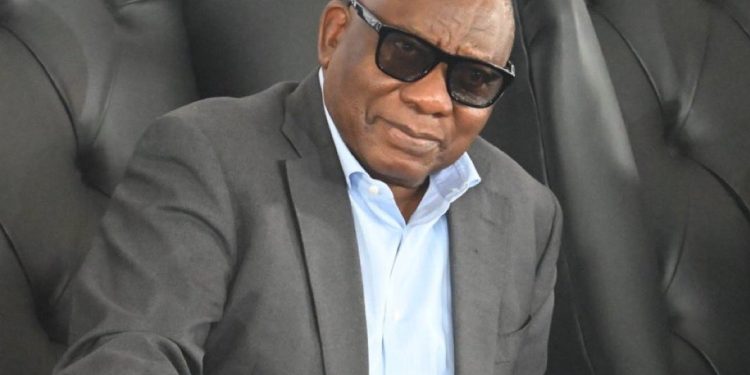President Cyril Ramaphosa is facing mounting criticism within the African National Congress (ANC) over his handling of the disputed Bela Act. The proposed legislation, aimed at reforming South Africa’s labor laws, has sparked strong opposition from key ANC structures, including the National Executive Committee (NEC), National Working Committee (NWC), ANC Youth League (ANCYL), South African Communist Party (SACP), and ANC Gauteng Province (ANC GP).
The Bela Act and Its Controversial Provisions
The Better Employment Laws (Bela) Act includes significant changes to labor regulations, with clauses 4 and 5 drawing the most scrutiny. Critics argue that these provisions weaken worker protections and concentrate decision-making power in the hands of the executive. Ramaphosa’s endorsement of the bill has faced resistance from ANC factions and alliance partners, who claim it contradicts the party’s historical stance on workers’ rights and social justice.
Growing Divisions in ANC Leadership
Ramaphosa’s push for the Bela Act has highlighted deep rifts within the ANC. Opponents accuse him of sidelining internal party processes, disregarding concerns from key structures, and jeopardizing the ANC’s traditional pro-worker stance.
The NEC has raised objections, stating that clauses 4 and 5 conflict with the ANC’s longstanding policies on labor rights. Meanwhile, the NWC has criticized Ramaphosa for allegedly bypassing proper consultation procedures. In Gauteng, the ANC GP has condemned the bill as “anti-worker” and misaligned with the needs of the working class.
ANC Youth League and SACP Voice Opposition
The ANCYL has been particularly outspoken, arguing that the Bela Act will worsen youth unemployment and economic inequality. The SACP, a crucial ANC ally, has also rejected the bill, calling it a departure from socialist principles and a threat to worker protections. This opposition signals growing strain within the tripartite alliance.
Political Implications for Ramaphosa
The internal conflict over the Bela Act presents a major challenge for Ramaphosa’s leadership, especially with the 2024 elections approaching. Analysts warn that failure to address these divisions could weaken his position and harm the ANC’s electoral prospects.
Supporters of the bill argue that labor reforms are necessary to tackle unemployment and stimulate economic growth. They view the Bela Act as part of broader efforts to modernize South Africa’s economy, though this perspective remains contentious within the party.
A Critical Test of Leadership
As tensions escalate, Ramaphosa must carefully navigate the political fallout. Balancing party unity with his reform agenda will require strategic engagement with critics and compromise on contentious issues.
The Bela Act debate has become a defining moment for Ramaphosa’s presidency and the ANC’s cohesion. With elections looming, the outcome of this dispute will shape not only his legacy but also the future direction of South Africa’s ruling party.
The ongoing conflict underscores the complexities of governance in a divided political landscape, where internal party dynamics and national policy are deeply intertwined. How Ramaphosa manages this crisis will determine whether he can maintain stability within the ANC and secure its position in the upcoming elections.






















